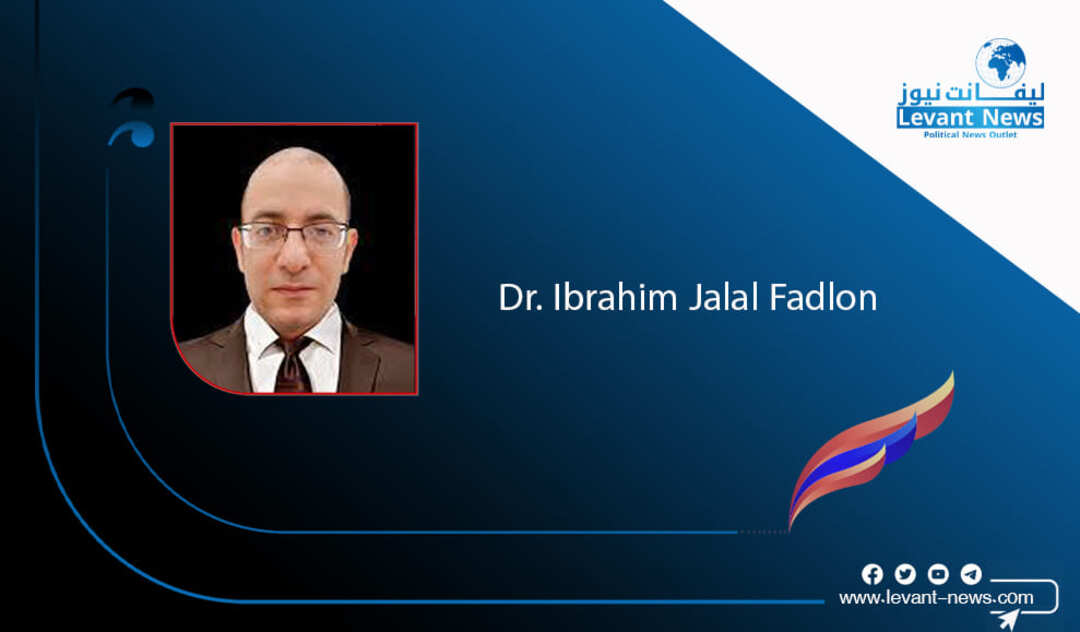-
The Emotional Storm and the Game of Empires

"History is not slavery to the past, but freedom for the future," as the great Arab scholar Taha Hussein said in his book *The Future of Culture in Egypt*. May these words echo in the Middle East, as a sad call reminding us of how messages were read in secret chambers before the century, and how today’s bloodshed of Palestinian Arabs tries to be poured out. "History always comes back to claim its rights," to judge the ancient Arab proverb in 2025 AD, through the acts of Sykes-Picot, as if it seeks to "discipline" this history again through modern diplomacy that combines personal friendships with geopolitical ambitions — a living witness to colonial injustice, where in Gaza alone, 200 cultural resistance sites have been destroyed. Yet, the creative spirit rises from the rubble, looking with hope that touches hearts and sparks tears.
The history of "discipline" dates back to 1916, when Sir Mark Sykes, a British, met with François Georges-Picot, a Frenchman, in a dark room at a London hotel — drawing lines on a map of the sick Ottoman Empire, without managing the region’s people. Under secret orders, the Arab East was divided into magnificent regions — Syria, Lebanon, Palestine, and Iraq for France and Britain — marking the beginning of artificial states. This division has brought more than 109 limited conflicts to date, according to the International Conflict Center report of 2024.
Sykes declared in his memoirs: "We are playing the empire game, where peoples become pieces on a chessboard." This division did not just outline a geographical plan; it inflicted a deep wound in the collective Arab memory, reaching the concept of "Greater Syria" — the historical idea promoted by Prince Faisal bin Hussein at the 1919 Damascus Conference, calling for a unified Arab state from the Euphrates to the Gulf. Today, the population in these divided regions is estimated at 150 million, amid the impact of conflict that has claimed more than 2.5 million lives since 1918, according to the Stockholm-based United Nations.
In our modern age, the Sykes-Picot ghost is resurrected through cartoon characters like Thomas Prouk, an American billionaire of Lebanese origin, who was appointed as Donald Trump’s special envoy to the Middle East in 2017. As a close friend of Trump — who managed his inauguration — he represents part of the "New America" truck, favoring personal links over official experience. Prouk, however, stirred the emotional storm; in a 2017 interview with Fox News, he described the Middle East as “a land of tribes and clans that Sykes-Picot drew borders for,” using the term “Greater Syria” to justify his understanding of regional dynamics. This description, which echoes the Orientalism as Edward Said described it in his 1978 book *Orientalism*, reminds us of the pain of simplification: the region is not "primitive tribes," but a civilization that stretched from the Umayyad era — where the Islamic state’s population reached 60 million — to the Abbasids, through Al-Andalus, as documented by historian Al-Tabari and Ibn Khaldun in the *Introduction* of 1377: "Tribal fanaticism began states, but injustice corrupts them."
With Trump’s return to Rome in 2025, the debate about Prouk’s role as an interested advisor renewed — especially after the October 7, 2023 attacks, which drastically altered the scene. Prouk pointed to his ambitions to work on the “Abraham Accords” during 2020, with four Arab countries (UAE, Bahrain, Sudan, Morocco), fulfilling trade exchanges until 2024, according to U.S. State Department reports. However, the war in Gaza cast shadows — 80% of the nervous tissue in the sector has been destroyed, according to the United Nations, with over 150 Palestinian intellectuals killed, monitored by the *American Pen* organization. In Gaza, which dates back 4,000 years, 200 cultural sites have been damaged, including the Omar Mosque built in 638 AD (Canaanite temple), the Sayyid Hashim Mosque (Mamluk era), and Saint Porphyrius Church (407 AD), despite UNESCO protecting 18% of Gaza as archaeological sites. This destruction is not just stones; it’s a tearing apart of human memory, enough to evoke tears of grief for every Arab who sees in it a shared heritage.
Despite the destruction, the Middle East beats with a creative spirit that communicates with hearts. In Gaza, artistic works emerged from tragedy — the documentary film *The Voice of Hind Rjab* at the 2025 Festival, setting a record with 12 minutes of applause and winning an Oscar, while the film *Once Upon a Time in Gaza* by the Nasser brothers won.
Dr. Ibrahim Jalal Fadlan
You May Also Like
Popular Posts
Caricature
opinion
Report
ads
Newsletter
Subscribe to our mailing list to get the new updates!




















